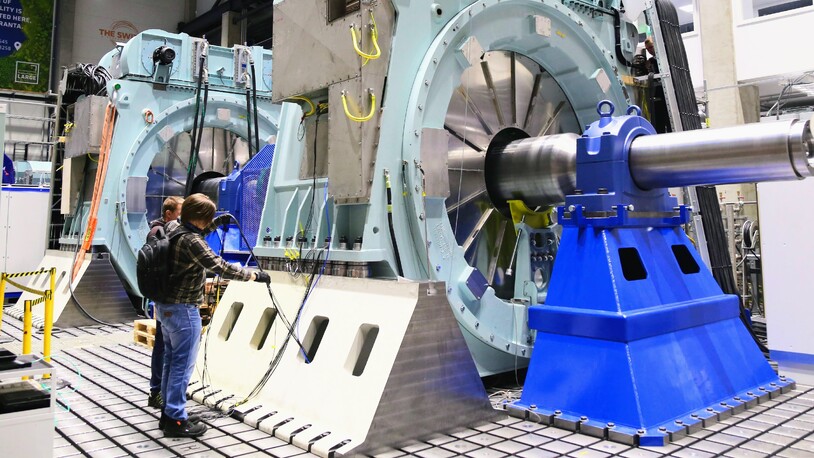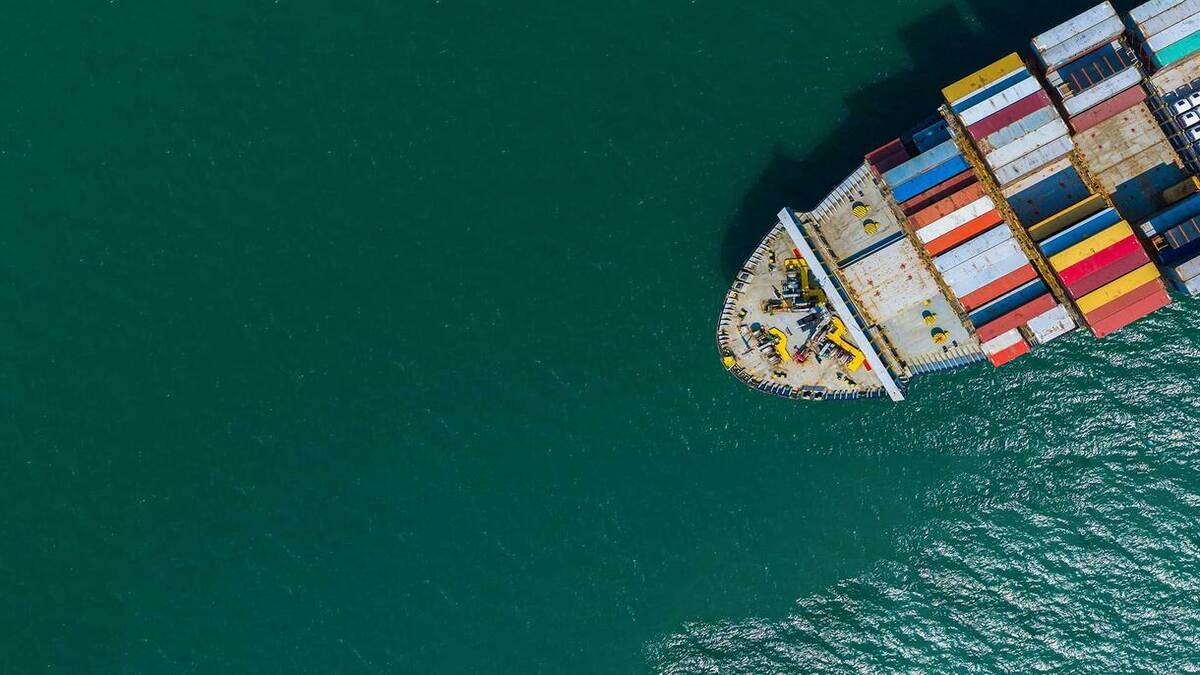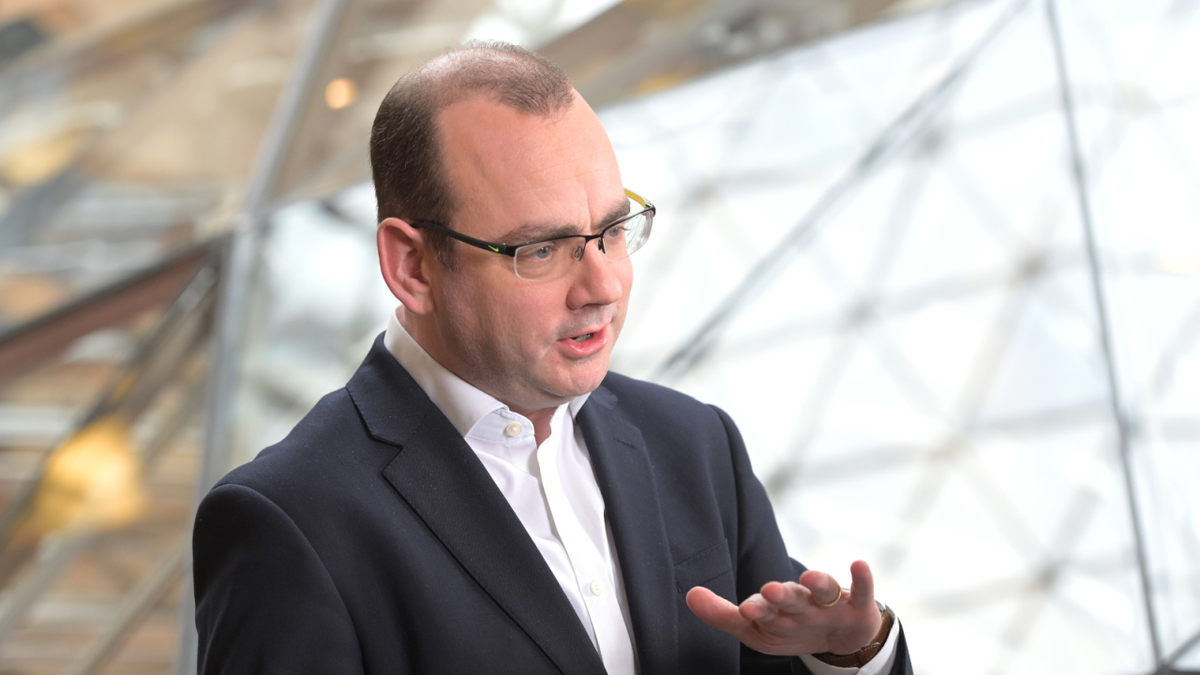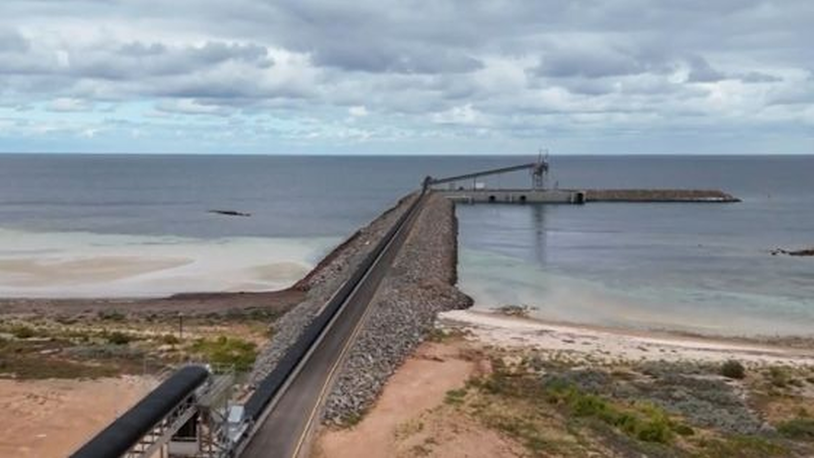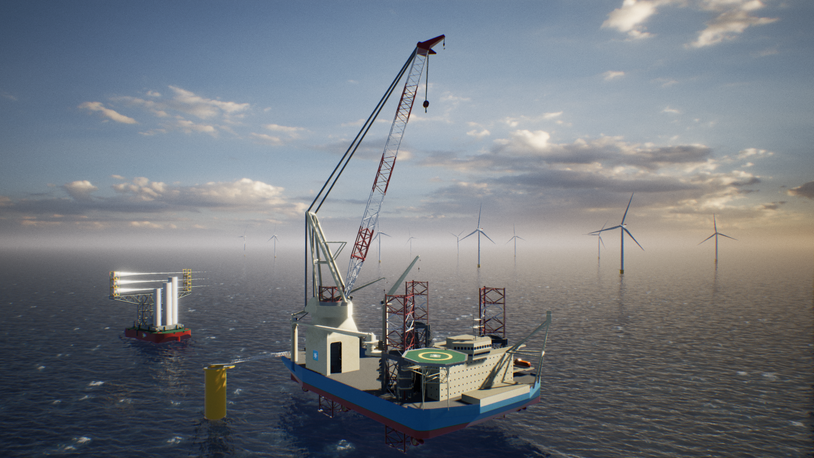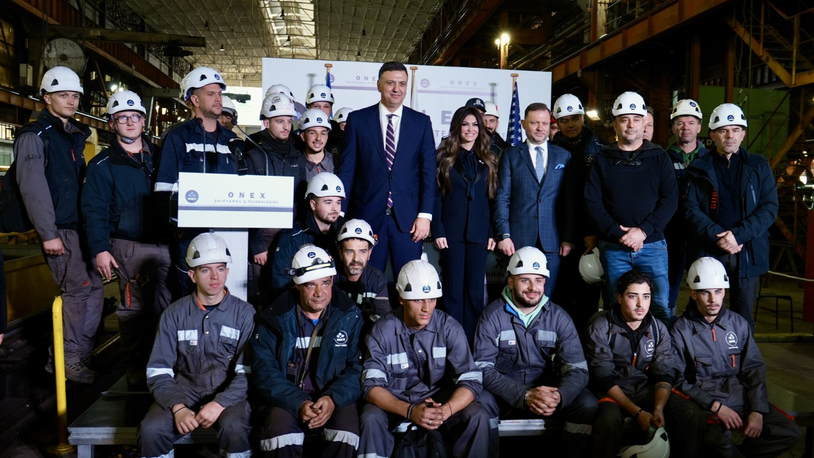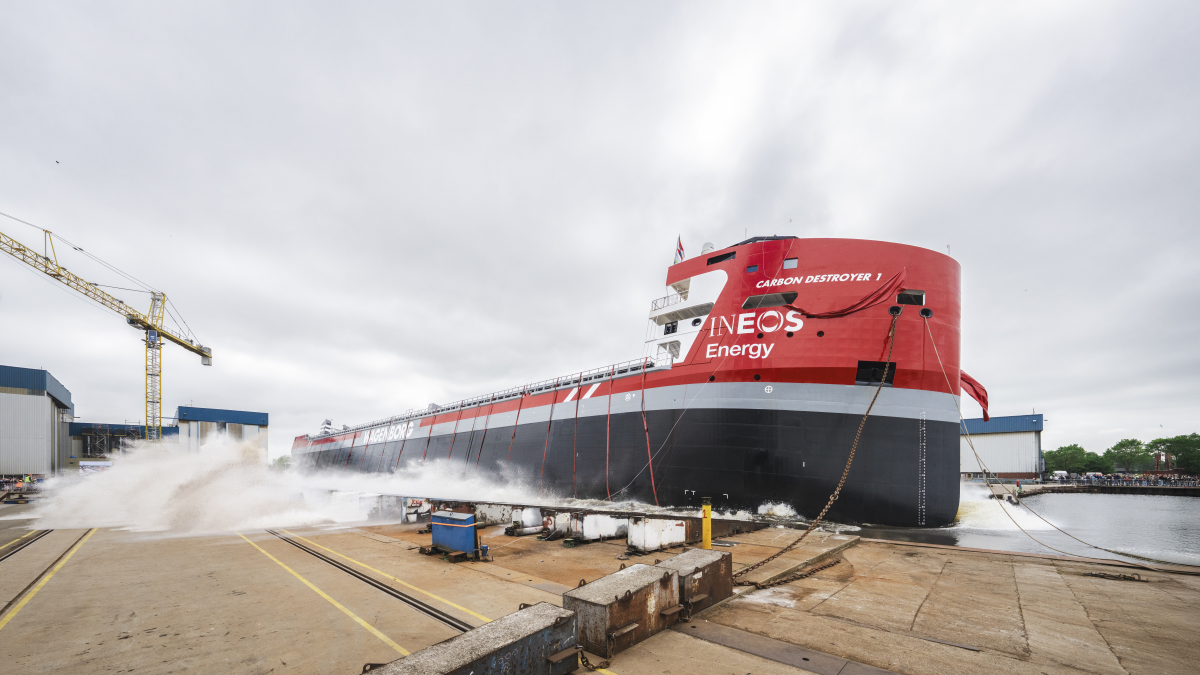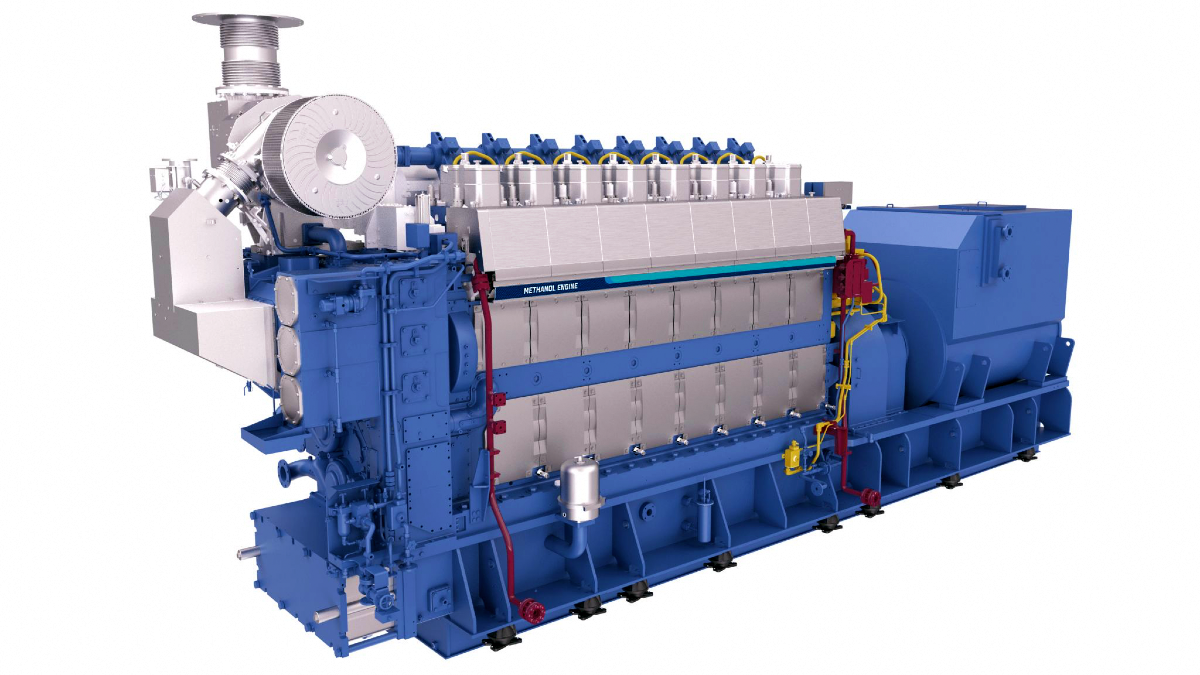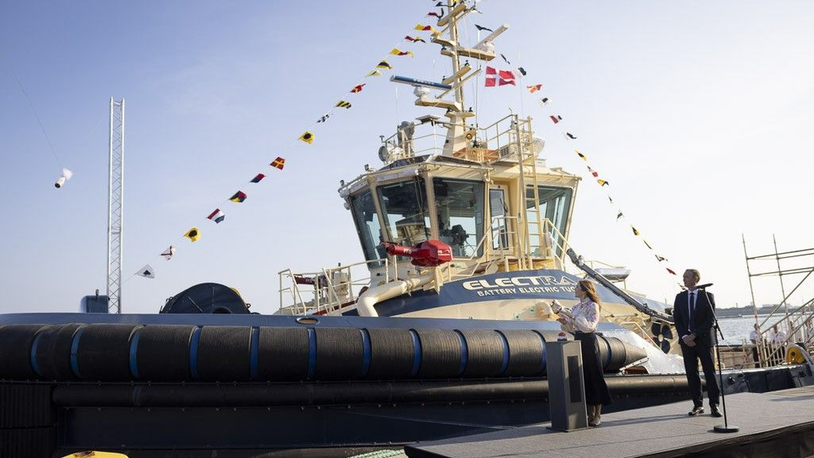Business Sectors
Events
Floating energy: successfully unlocking stranded gas using FLNGs and FSRUs
Contents
Regulation the key driver of future fuels, long-term decarbonisation
At the Engines for now and the future webinar, during Riviera’s Maritime Air Pollution Asia Webinar Week, experts discussed changes in engine technology and what more is in store for the near future
The industry’s fuel mix will have to change to meet IMO’s 2050 emissions reductions goals, said WinGD general manager for global sales Carmelo Cartalemi, who added that the industry has both an upstream problem – a lack of infrastructure, availability and fuel cost, and a downstream problem – the need to upgrade technology, safety and regulation challenges regarding new fuels.
Win GD expects fuel-flexible low-speed engines to be the engine of the future. “By nature they can burn any kind of fuel” said Mr Cartalemi adding “that’s what our R&D is focused on, the engine for new fuel.”
Win GD has a combustion chamber where the new fuel is injected under engine-like conditions. Using two-stroke as a platform, the company is aiming to change the fuel injection system to adapt to new fuels and is testing engines for gas and diesel.
“Dual-fuel engines are a bit like rats – they eat anything,” quipped Wärtsilä Marine Power director, power supply product management, Lars Anderson. The company believes the internal combustion engine can be decarbonised to run as liquid or gas-based engines and sees renewable electricity as the starting point in the fuel transition to produce green hydrogen.
At present, biofuels are the only available green fuels, with bunkering for hydrogen and ammonia severely limited.
“We have a long way to go,” said Mr Anderson. Liquid hydrogen requires a bunkering volume 4.5 times that of diesel fuel for the same energy content with the figure for ammonia and methanol at 2.6. In addition, these new fuels bring design and safety challenges related to cryogenic storage and the flammable nature of hydrogen and toxicity in the case of ammonia.
Instead, the strategy mooted was to promote LNG in the near future and blend BioLNG and synthetic LNG. Mr Anderson added that Wärtsilä has a solution to reduce methane slip but could not share further information at this time.
As part of its company portfolio, engine manufacturer MAN Energy Solutions offers several dual-fuel engines capable of retrofits such as the ME-C engine which can be retrofitted to use LNG, ethane, methanol and LPG.
The company’s director of new technologies for 2-stroke systems, Kjeld Aabo, said MAN has developed a design to make retrofits easier. “We add on the extra equipment for the dual-fuel parts. The cover is changed because we have extra valves. We have a gas distribution block and double-walled piping.”
MAN is currently retrofitting the engine of a 15,000-TEU vessel to run on LNG and 11 LPG carriers to run on propane. The engines are expected to have the same efficiency as an HFO burning engine.
The manufacturer believes ammonia is the most viable non-carbon option for large ocean-going vessels running 2-stroke engines, with hydrogen the leading option for smaller coast-going vessels running 4-stroke engines.
For its part, MAN, which leads a consortium in Denmark to develop ammonia-fuelled 2-stroke engines, will begin testing the engine in 2021. Ammonia can be stored at the moderately low temperature of -33ºC and supplied at a pressure of 70 bars, and does not have the same storage challenges as LNG or hydrogen. The product is set to be delivered to a shipyard by 2024.
Alternative fuels will be driven by a range of factors including installation costs, climate impact, regulation and fuel costs. On fuel costs Mr Aabo admitted, “We don’t know what will happen there. It’s something which is controlled by others.”
“The shift to new fuel should be driven by regulation” said Mr Cartalemi. “We’ve seen before the price of new fuel is speculative. To compete with fossil fuel there has to be some kind of carbon tax or incentive, otherwise the shift will take longer and be difficult. The global majority of shipping – medium sized companies – need to be driven by regulation.”
Sign up for Riviera’s weekly series of technical and operational webinars and virtual conferences in 2021:
- Register to attend by visiting our events page.
- Watch recordings from all of 2020’s webinars in our webinar library.
- Attendees of Riviera’s virtual conferences can view session videos in the virtual conference library.
Related to this Story
Events
Maritime Regulations Webinar Week
Floating energy: successfully unlocking stranded gas using FLNGs and FSRUs
© 2024 Riviera Maritime Media Ltd.

